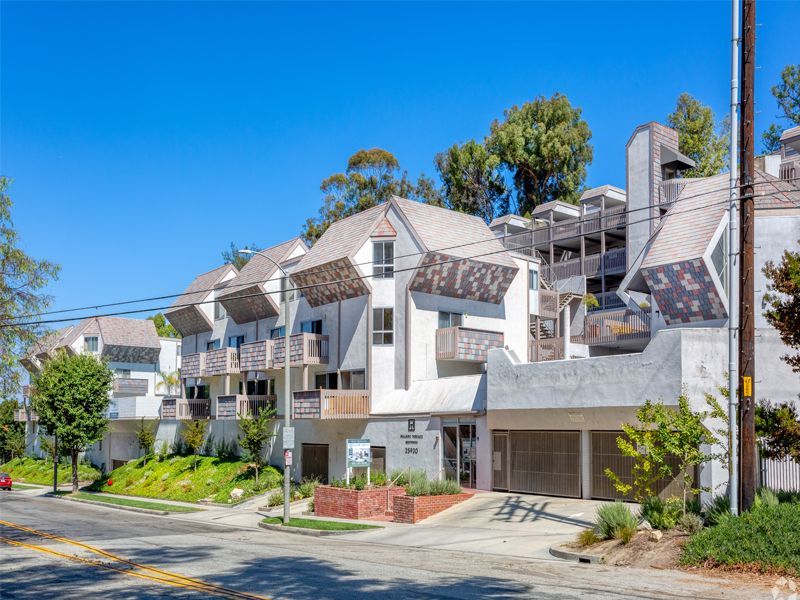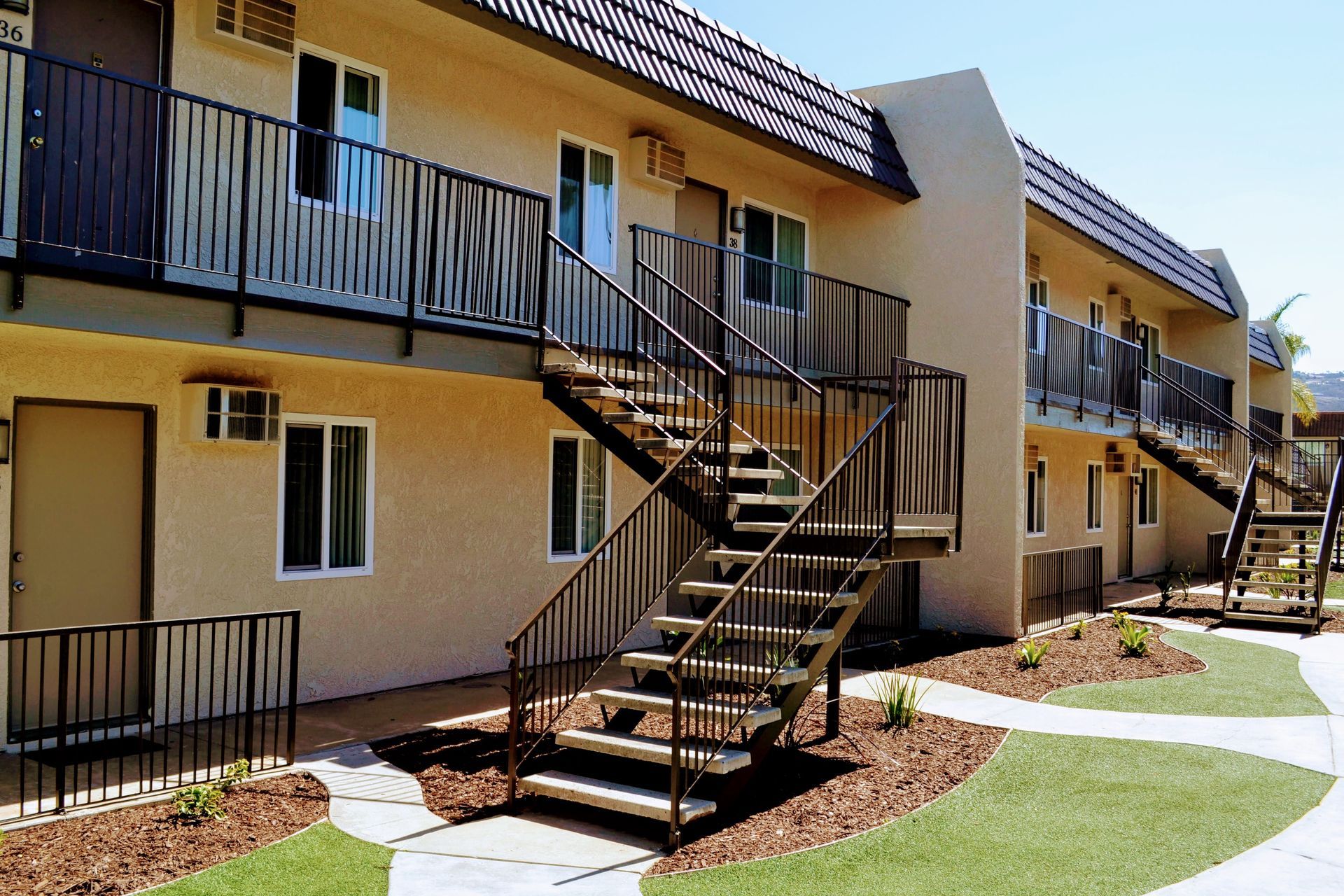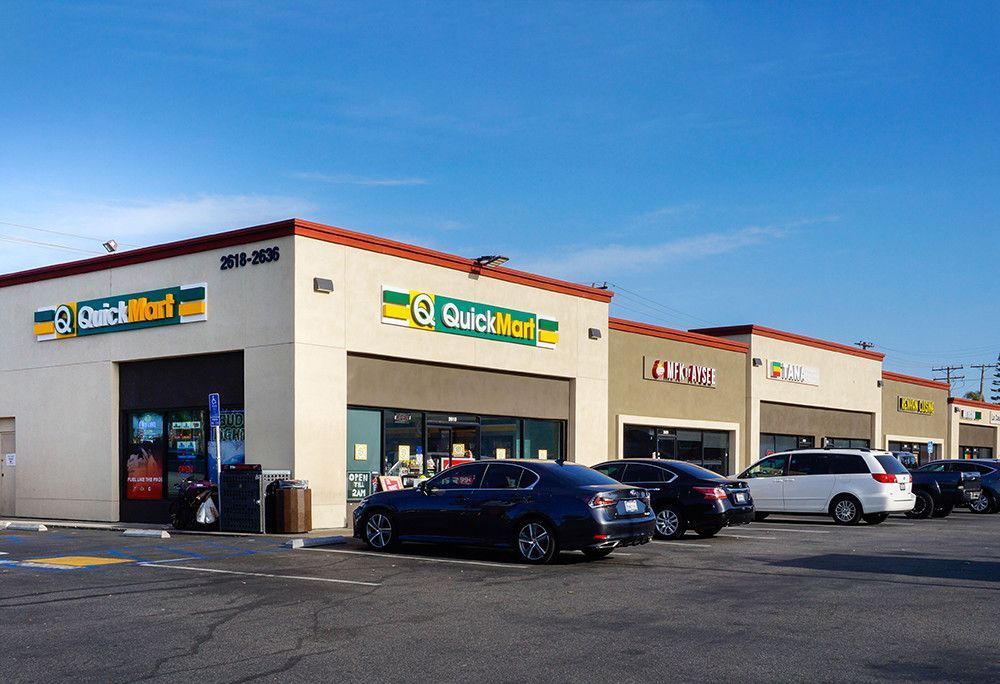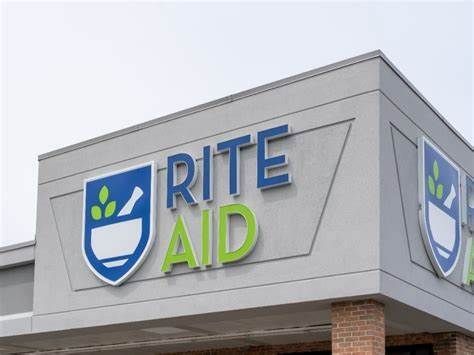If you have been investing in a few single-family homes, a duplex, or maybe a quad, and you are ready to really grow your real estate portfolio by venturing into the world of commercial multi-family rentals (basically, anything over 5 units), then you might also be wondering about the added risk and exposure that comes with a larger investment. Of course, as a homeowner and/or beginning investor, you are well-aware of some of the basics surrounding insurance, but what kinds of policies should you consider when investing in larger multi-family properties? Today we want to help answer that question by briefly explaining some of the common insurance policies that multi-family investors might have.
#1 Property Insurance
Let us start with the building itself; the physical asset. This is likely one of (if not) the largest investments you have ever made, so pay close attention to property insurance. This covers the physical structure of the building from damage due to fire, explosions, natural elements, and weather. These are those nightmare scenarios where a tenant accidentally starts a cooking fire in the kitchen, which causes damage throughout the apartment, or perhaps where a particularly heavy storm brings a tree branch down onto your roof.
And so, property insurance is essential and there are various ways to help lower its cost. For example, you can work with your insurance provider to see if adding things like fire-suppression products to your units will save you money on insurance.
#2 General Liability Insurance
General Liability protects you against claims for bodily injury and third-party property damage. For example, a tenant is heading out to work in the morning when they slip down a flight of stairs in the stairwell, requiring a trip to the hospital and missing weeks of work. They sue the property owner for damages to cover medical expenses, lawyers' fees, and lost wages, stating the stairs were not well maintained and prone to causing falls.
Or maybe the injured party is a vendor that your property manager has scheduled for repairs. An accident occurs while the job is being done and the vendor decides to sue. Their attorney, of course, will seek damages from both your property manager and you as the landlord.
To protect yourself against scenarios like this, multifamily property owners need to carry liability coverage that is sufficient for their property type and size.
#3 Business Income Coverage
Property Insurance and General Liability Insurance can be seen as the more foundational and, perhaps, obvious policies to have. But these next two are fantastic supports to your insurance wall, starting with Business Income Coverage.
This type of policy will take effect when damage to your property causes an interruption to your normal business income. Let us say, for example, mold was detected in your building and resulted in a number of units being vacated while repairs are made. Your policy will consider the amount of rent that is typically collected, the amount that is needed to repair the building and return to normal operations, and the amount of time that the business income will be interrupted for.
One important thing to note here is that, although you may notice that your property insurance and liability insurance policies already provide some coverage for income disruption, you are only entitled to those payouts when you are not found responsible for the damages. Those policies will not cover losses due to damage caused by your negligence. Conversely, if the mold issue was the result of repairs that were ignored or not handled properly, a Business Income Policy will be able to cover those costs. Lastly, this policy can also help you in the event that your income loss is not related to property damage at all, but rather to a tenant’s failure to pay rent or their eviction.
#4 Umbrella Liability Policy
Lastly, you have the umbrella policy. This provides additional coverage in order to close any gaps left behind by your other policies, particularly your general liability insurance. It provides an additional layer of coverage that kicks in, once the limits of your initial policies have been exceeded.
Let us say that a tenant is injured at the property. They make a claim and you, the landlord, are found liable. Your liability insurance policy will pay the initial claim but, if the payout is more than what your liability policy covers, the umbrella insurance policy may be able to cover the remaining balance.
Additional Policies
We have gone over the four main types of insurance you will want to consider for your multi-family property, but there are other policies that may be good to research with your insurance agent, as well. For example, an Equipment Breakdown policy can provide coverage for damage caused by the mechanical breakdown of equipment such as hot water heaters or air conditioners, and Building Ordinance policies can protect you from large financial burdens caused by changes to city laws and construction regulations.
Yes, it can be a lot to investigate, but each investor will need to analyze the cashflow of their property and shop for insurance quotes in order to find out what makes sense for their investment strategy.
Fortunately, the added revenue that is typically brought in when moving up from small residential units to larger multi-family buildings, can help support the costs of more expansive forms of insurance coverage.
Insurance that You Require of Others
Now remember, all this information is about the insurance policies that you want to consider for yourself, as the landlord. Of course, you will also want to make sure that other people at your building are playing their part in protecting you and the property, which is why topics such as requiring renter’s insurance from your tenants, insurance that you ask your go-to vendors to carry, as well as the insurance that your property management company maintains, all deserve their own separate articles.
We have also made a video on the topic of forming an LLC for your property, which is important and relevant because, as the name suggests, setting up a “limited liability company” is yet another way to protect your investment from unexpected events. You can find that video on our YouTube channel.
Whether or not to form an LLC is another question we often receive from clients that are looking to invest in larger multi-family properties for the first time. Oftentimes they may be tempted to skip the process and costs of setting up an LLC, hold their investments under their own names instead, and then use various insurance policies to protect them. That video we mentioned earlier also talks about why real estate investing through an LLC in combination with various insurance policies can be a wise idea.
Conclusion
Although it is not the most glamorous topic, insurance should be one of the first things that an investor thinks about when assessing deals to acquire a new property. It is best to have a trusted insurance broker on-hand as you are running those numbers. Hopefully this post has given you some insight about insurance for multi-family real estate, so that you can work with someone to find the best policies for you!
Property Management Made Easy
Contact Us - Contact Page
We will get back to you as soon as possible
Please try again later
Los Angeles
1411 W. 190th St.,
Suite 225
Los Angeles, CA 90248
Temecula
41743 Enterprise Circle N.,
Suite 207
Temecula, CA 92590

P.O. BOX #1489
TORRANCE, CA 90505








